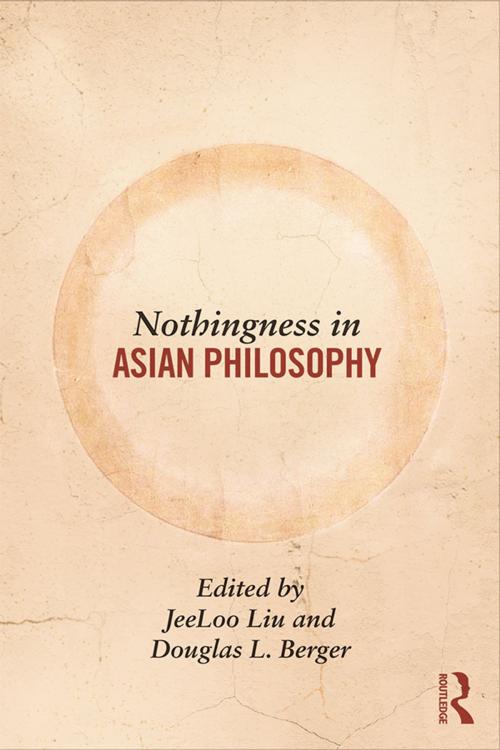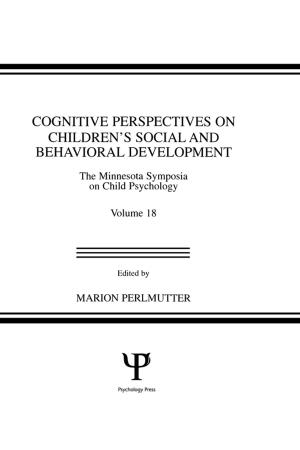| Author: | ISBN: | 9781317683834 | |
| Publisher: | Taylor and Francis | Publication: | June 13, 2014 |
| Imprint: | Routledge | Language: | English |
| Author: | |
| ISBN: | 9781317683834 |
| Publisher: | Taylor and Francis |
| Publication: | June 13, 2014 |
| Imprint: | Routledge |
| Language: | English |
A variety of crucial and still most relevant ideas about nothingness or emptiness have gained profound philosophical prominence in the history and development of a number of South and East Asian traditions—including in Buddhism, Daoism, Neo-Confucianism, Hinduism, Korean philosophy, and the Japanese Kyoto School. These traditions share the insight that in order to explain both the great mysteries and mundane facts about our experience, ideas of "nothingness" must play a primary role.
This collection of essays brings together the work of twenty of the world’s prominent scholars of Hindu, Buddhist, Daoist, Neo-Confucian, Japanese and Korean thought to illuminate fascinating philosophical conceptualizations of "nothingness" in both classical and modern Asian traditions. The unique collection offers new work from accomplished scholars and provides a coherent, panoramic view of the most significant ways that "nothingness" plays crucial roles in Asian philosophy. It includes both traditional and contemporary formulations, sometimes putting Asian traditions into dialogue with one another and sometimes with classical and modern Western thought. The result is a book of immense value for students and researchers in Asian and comparative philosophy.
A variety of crucial and still most relevant ideas about nothingness or emptiness have gained profound philosophical prominence in the history and development of a number of South and East Asian traditions—including in Buddhism, Daoism, Neo-Confucianism, Hinduism, Korean philosophy, and the Japanese Kyoto School. These traditions share the insight that in order to explain both the great mysteries and mundane facts about our experience, ideas of "nothingness" must play a primary role.
This collection of essays brings together the work of twenty of the world’s prominent scholars of Hindu, Buddhist, Daoist, Neo-Confucian, Japanese and Korean thought to illuminate fascinating philosophical conceptualizations of "nothingness" in both classical and modern Asian traditions. The unique collection offers new work from accomplished scholars and provides a coherent, panoramic view of the most significant ways that "nothingness" plays crucial roles in Asian philosophy. It includes both traditional and contemporary formulations, sometimes putting Asian traditions into dialogue with one another and sometimes with classical and modern Western thought. The result is a book of immense value for students and researchers in Asian and comparative philosophy.















